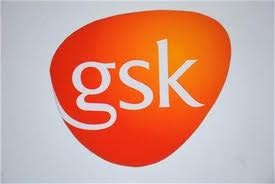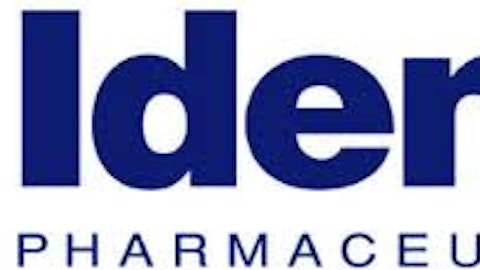Companies know that to attract regular income-seeking investors, it helps to pay out high dividends. At times when treasuries are disappointing with low yields for 10-year T-notes and corporate bonds are offering no respite, the hunger for dividend stocks is higher than ever. Here are three companies in the pharmaceutical industry that are developing new drugs with high earnings potential in the long run. These companies are also generating ample free cash flows to distribute as dividends, and currently have a dividend payout ratio of more than 80%.
| Company | 5-Year Avg. Dividend Yield |
|---|---|
| GlaxoSmithKline plc (ADR) (NYSE:GSK) | 4.70% |
| Bristol Myers Squibb Co. (NYSE:BMY) | 4.60% |
| Merck & Co., Inc. (NYSE:MRK) | 4.40% |
Read on to see how these company’s strategies will lead to shareholders’ wealth maximization.
New drugs for future growth
It is estimated that in the current year, 76,690 American residents will be suffering from melanoma, a type of skin cancer. The FDA approved GlaxoSmithKline plc (ADR) (NYSE:GSK)’s two new drugs Tafinlar and Mekinist to treat melanoma on May 30, 2013. These drugs were tested on approximately 500 patients and showed better results than the company’s previous drug, Dacarbazine. Only 15.3% of patients respond to Dacarbazine, but the new drugs will delay cancerous cellular growth that leads to melanoma by approximately three months. It is estimated that Tafinlar and Mekinist will contribute $85.2 million this year to GlaxoSmithKline plc (ADR) (NYSE:GSK)’s revenue, followed by $215 million in 2014.
Chronic airflow limitation, or CAL, is a respiratory disease which limits air passage through lungs. This disease requires a lung transplant and long-term oxygen therapy. GlaxoSmithKline plc (ADR) (NYSE:GSK)’s respiratory franchise has developed a drug called Breo to treat CAL which received FDA approval on May 12, 2013. Breo helps patients’ lungs maintain air flow without long-term oxygen therapy or transplantation. The daily dosage of this drug also halts the progression of the disease. Breo will contribute $35 million to the company sales by the end of this year and $370 million in 2014.
Overall, it is expected that the company will earn $26.5 billion this year. It expects free cash flow of $7.3 billion and management will distribute it to the shareholders in accordance with the dividend policy.
Combining drugs for incremental revenue
Bristol Myers Squibb Co. (NYSE:BMY) is taking advantage of its monopoly on the drug Ipilimumab it has enjoyed for two years. This drug is used to cure patients suffering from advanced melanoma, but patients with low white blood cells were not responding to this drug. To correct this, the company added Nivolumab antibodies to Ipilimumab which will help to treat this subset of patients. Bristol Myers Squibb Co. (NYSE:BMY) is the only company making combinations to fight against advanced melanoma. This particular combination will expand the utility of the drug, and with this combination the drug will generate revenue of $905 million this year followed by $1.04 billion in 2014.
One of the company’s key drugs, Sprycel, showed an impressive sales growth of 24%, reaching to $287 million in the first quarter of 2013. This drug is used to treat different types of cancers. The company has developed an update to this drug, and the FDA approved its updated labeling of three-year efficacy and safety on June 20, 2013. The drug was updated after tests produced desired results for patients who are Philadelphia chromosome-positive (Ph+), which is an abnormality in the structure of their DNA. The company expects to generate revenue of $1.2 billion this year with the updated Sprycel, up from $1 billion last year. This will be followed by $1.4 billion in 2014.






